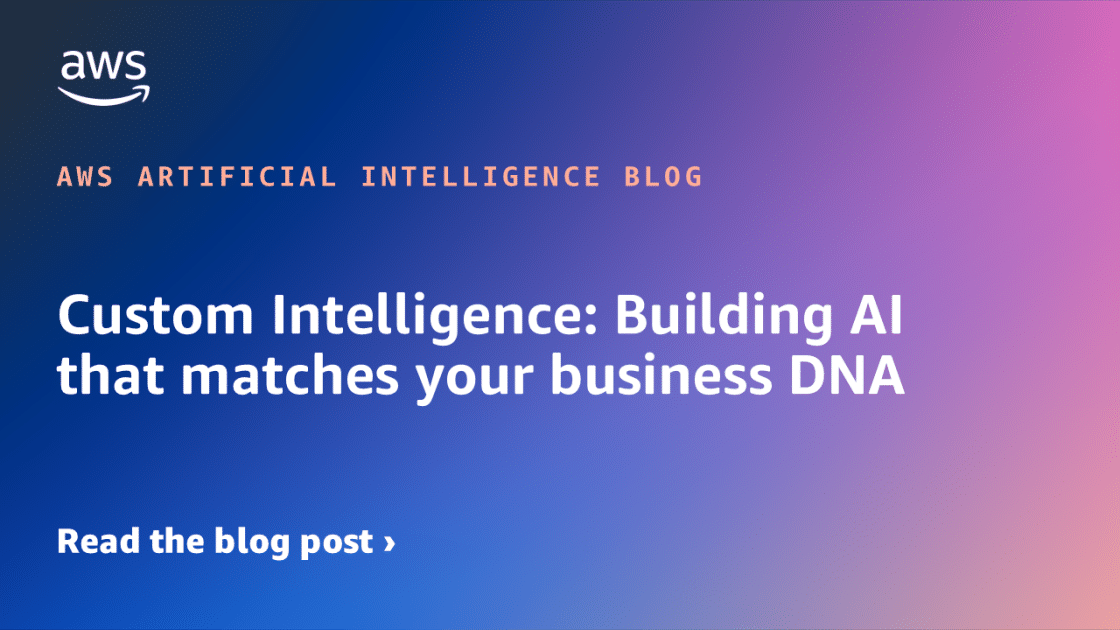Here’s the translation into American English:
—
In 2024, the Personalized Models Program was launched at the AWS Generative AI Innovation Center, designed to provide comprehensive support for the customization and optimization of artificial intelligence models. In its two years of operation, the program has partnered with a wide range of companies, including giants in the legal, financial, healthcare, software development, telecommunications, and manufacturing sectors. These collaborations have generated customized artificial intelligence solutions tailored to the data experience and specific requirements of each organization, outperforming generic alternatives in efficiency and operational cost reduction.
As companies evolve toward more advanced strategies, there has been an increase in the adoption of personalization techniques that go beyond simple chatbots. These include the creation of specialized models for specific tasks, alignment with brand identity, and distillation of large models into more agile and effective versions. Additionally, modifications have been implemented during training for deeper adaptation.
One of the standout stories is that of Cosine AI, which developed an AI platform integrated into its users’ workflows. Thanks to its collaboration with the Innovation Center and the use of Amazon SageMaker, Cosine AI significantly improved its AI engineering assistant, Genie, resulting in a substantial increase in A/B testing capabilities and accelerated development projects.
To maximize the potential of generative AI models, the Innovation Center suggests an approach that starts not from technology but from essential business objectives. This method has proven vital, achieving success rates in production of up to 65%. It is also advisable to select the most appropriate personalization approach and begin with simple strategies before progressing to more complex customizations.
Measuring success is equally crucial. Metrics should align with what is truly meaningful for the business, preventing projects from becoming experiments without clear impact. Hardware optimization is another fundamental aspect for improving training and inference processes.
Finally, the principle that “one size does not fit all” in AI models is reinforced. In a constantly evolving technological environment, the best solution for a task today may not be the same tomorrow. Modular and adaptable architecture allows companies to quickly benefit from innovations in models.
The Personalized Models Program continues to provide expert support, from model selection to customization, driving performance improvements and accelerating value generation for participating organizations.
Referrer: MiMub in Spanish
